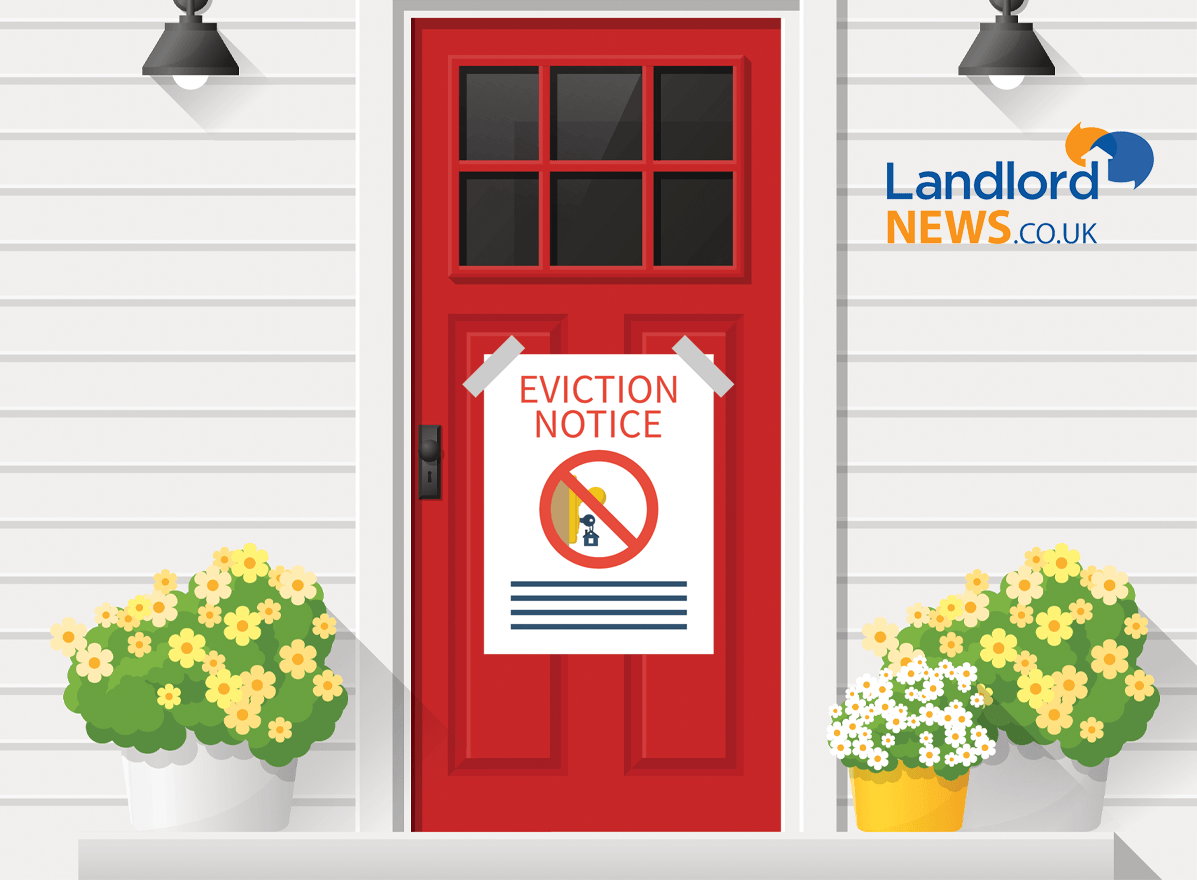Home » Uncategorised »
Government data shows use of Section 21 eviction notices declining
This article is an external press release originally published on the Landlord News website, which has now been migrated to the Just Landlords blog.

The number of repossession cases in the courts involving landlords using Section 21 ‘no fault’ eviction notices has dropped over the last two years, government data shows.
A new analysis of this data found that the number of cases brought to County Courts in England and Wales off the back of a Section 21 notice during the third quarter of this year was 55% less than the same quarter in 2019.
The assessment, undertaken by the National Residential Landlords Association (NRLA), shows also that this fall is not merely as a result of the temporary ban on repossessions in response to COVID-19.
The NRLA points out that even before the pandemic, between 2015 and 2019, the number of repossession cases brought after a landlord had served a Section 21 notice fell by 50%. It comes as further government data shows that fewer than one in ten tenancies in England are ended because a landlord asks a tenant to leave.
Ben Beadle, Chief Executive of the NRLA, comments: “These figures dispel the myth, peddled by some, that landlords spend much of their time looking for ways to evict tenants for no reason. Whilst we condemn any landlord who abuses the system, it is vital to remember that the vast majority of tenants and landlords enjoy a good relationship.
“It is in that spirit that the Government should develop its plans for a system to replace Section 21 in its forthcoming White Paper on rental reform.”
The NRLA has developed detailed proposals for a system to replace Section 21 notices that is fair to both tenants and landlords. It is calling for the new system to include clear and comprehensive grounds upon which landlords can legitimately repossess properties. This will need to address some of the most difficult areas, especially ensuring swift action can be taken against anti-social tenants who cause misery for their neighbours and fellow tenants.
Where legitimate possession cases do end up in court, the NRLA is calling for the Government’s plans to include proposals to speed up the process. At present it can take an average of almost 59 weeks from a private landlord making a claim to repossess a property to it actually happening.




